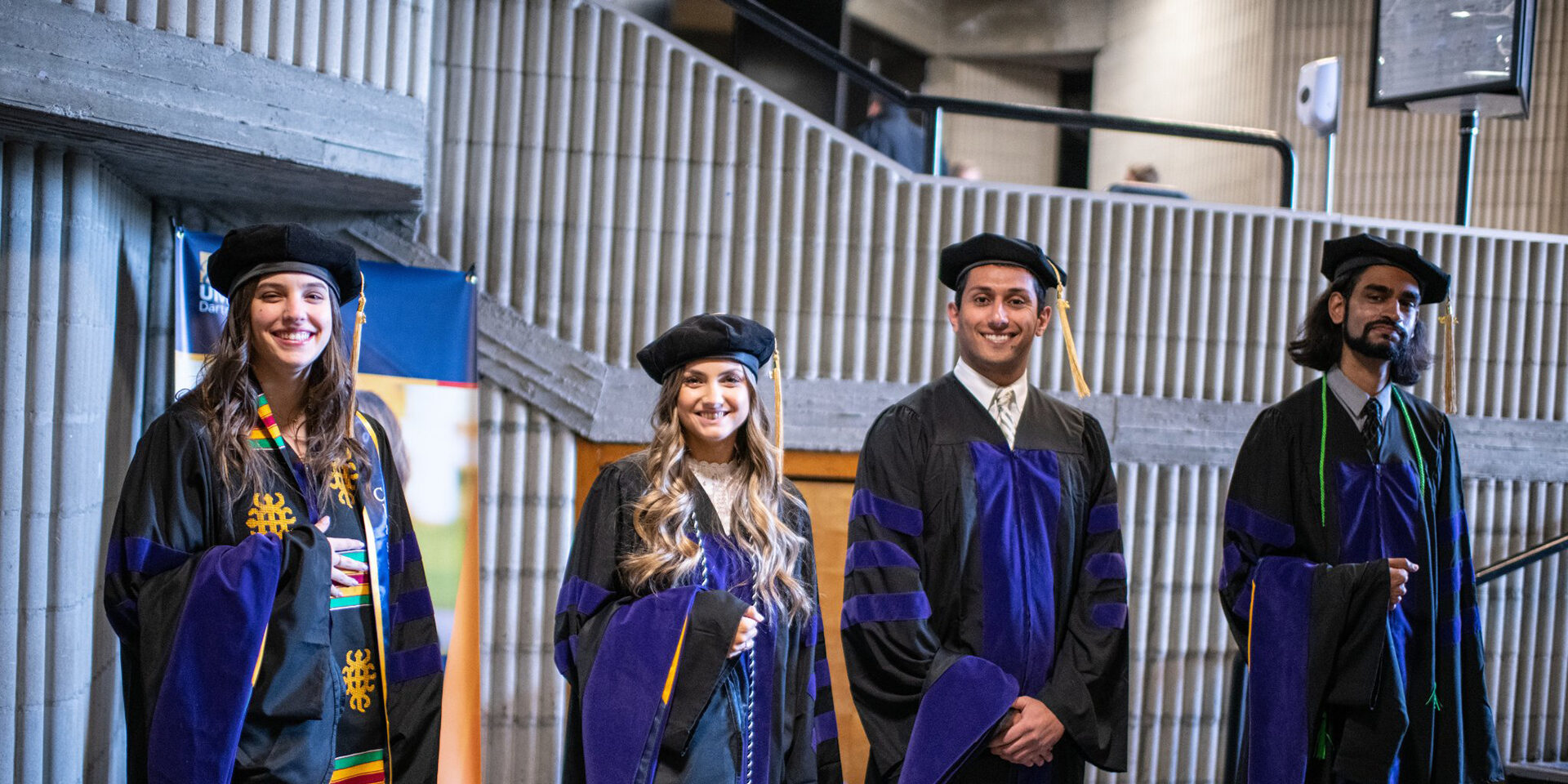Beneficiary Designations

With a charitable beneficiary designation, a donor can make a simple future gift that costs nothing today.
Some clients may find that creating a gift they can change if they need to is a comfortable, powerful way to make a meaningful gift while keeping control of the gift property for life. The following assets can pass directly by beneficiary designation and not under a will:
- Life insurance policies
- IRAs and other retirement accounts
- Donor-advised funds (allowable for some DAFs, but not all)
- Bank accounts (through a payable-on-death or POD designation)
- Stock and mutual fund shares (through a transfer-on-death or TOD designation)
- Real estate (through a transfer-on-death or TOD designation, allowable in more than half of US states)
A charitable beneficiary designation works like this:
The donor names the UMass Foundation, for the benefit of UMass Law, to receive the remaining assets or proceeds at the time of their death. The donor can do this when they purchase the asset or set up the fund or account, or later using a change-of-beneficiary form.
- Donors can choose to name us as the sole beneficiary, a percentage beneficiary (along with one or more heirs or other charitable beneficiaries), or a contingent beneficiary (to receive the assets only if the primary beneficiary cannot).
- We have no rights to the asset/fund/account during the donor’s lifetime—we will only receive assets at the time of their death.
- The beneficiary designation is revocable, meaning the donor can remove or change it at any point during life.
- Some financial accounts or assets typically pass by will but can pass directly to a named beneficiary if the donor opts to complete a form to set up a payable-on-death (POD) or transfer-on-death (TOD) designation.
A will controls most property, but not all.
If your client would like to make a similarly easy, flexible, revocable gift of other assets not named here, they should consider making a gift in a will.
Evaluate the fit.
A charitable beneficiary designation may be a particularly good option for clients who:
- Want to make a substantial gift but don’t want to commit the assets right now
- Want the ability to continue to use the assets during life
- Want the peace of mind that comes from knowing they can change the size of the gift (or revoke it) if their needs or goals change
See how it works.
Example one. Years ago, when David’s wife died, he filed a Change of Beneficiary form on his life insurance policy, making his two grown children the primary beneficiaries and the UMass Foundation, for the benefit of UMass Law, a contingent beneficiary (to receive the proceeds only if his children could not). Now, both children are married with families of their own and are doing well financially. David leaves other assets to his children and makes the UMass Foundation, for the benefit of UMass Law, the sole beneficiary of his life insurance policy. This allows him to meet his charitable goals while still retaining all his assets for use during retirement. In addition, he knows that if his situation changes, he can easily make another beneficiary change.
Example two. Carla adds a POD designation to her checking account and names the UMass Foundation, for the benefit of UMass Law, as the beneficiary. She retains complete control of the account and can change the beneficiary designation again at any time during her life. While the FDIC insures her other accounts and CDs at the same bank for a combined total of $250,000, her POD account has its own $250,000 coverage. At Carla’s death, we must provide a certified copy of her death certificate to claim the money that remains in the account, which will then pass directly from the bank to us without going through probate.
Consider the timing.
It’s a good idea to regularly review your beneficiary designations. Since a charitable beneficiary designation does not qualify for a charitable income tax deduction, you can plan or change this gift at any time that is convenient for you.
The UMass Dartmouth Advancement Team can help.
We are happy to answer any questions about this gift option. If your client has already named us as the beneficiary of an asset or account, encourage them to let us know. We would like the opportunity to thank them and ensure their gift will be utilized as intended.
